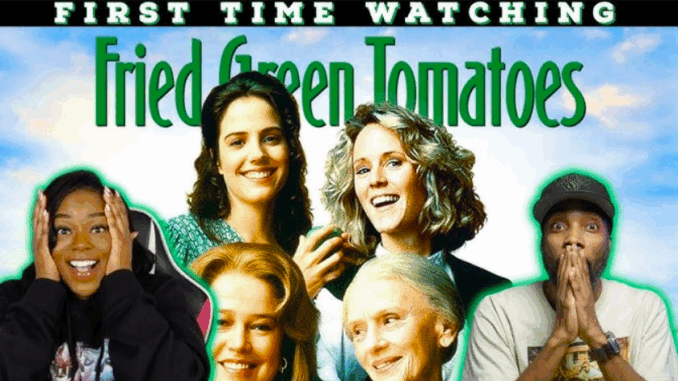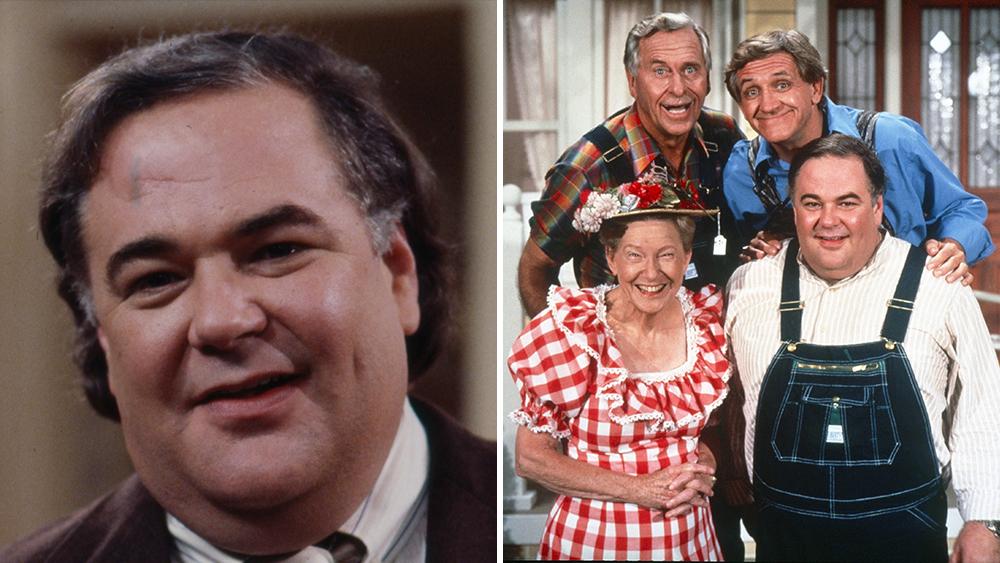
When NBC announced plans to develop a modern television adaptation of Fried Green Tomatoes, fans were eager to see how a new generation would reimagine the beloved Southern tale. With Reba McEntire attached to star and legends like Norman Lear and Fannie Flagg on board as executive producers, the project seemed destined to be a success.
Yet, in a surprising twist, the series quietly disappeared from development. McEntire herself later confirmed that the remake “just kind of went away.” For a film that has endured for more than three decades as both a box-office success and a cultural touchstone, the cancellation raised a question: Why has Hollywood struggled to bring this story back to life?
The Weight of Legacy
Released in 1991, Fried Green Tomatoes struck a perfect balance between humor, heart, and social commentary. Its intergenerational narrative, shifting between Depression-era Alabama and contemporary small-town America, resonated with audiences around themes of friendship, resilience, and community.

Attempting to “update” such a layered story inevitably runs into challenges. Any modern adaptation would have to confront the delicate balance of preserving the original’s warmth while addressing contemporary social issues more directly, particularly around race, gender, and LGBTQ+ themes.
The Risks of Reinvention
Hollywood has increasingly leaned on reboots and revivals, but not every story thrives in a modern lens. In the case of Fried Green Tomatoes, part of its enduring appeal is its period setting—the charm of Whistle Stop, Alabama, and the nostalgia of its characters’ lives. Transporting the narrative into a 21st-century context risks losing the very qualities that made it a classic.
A Story Still Waiting
Although the NBC project fell through, interest in the story remains strong. From film retrospectives to college courses in gender studies, Fried Green Tomatoes continues to spark conversations. Perhaps the failed reboot serves as a reminder that some classics don’t need reinvention—they need recognition, preservation, and renewed appreciation in their original form.
